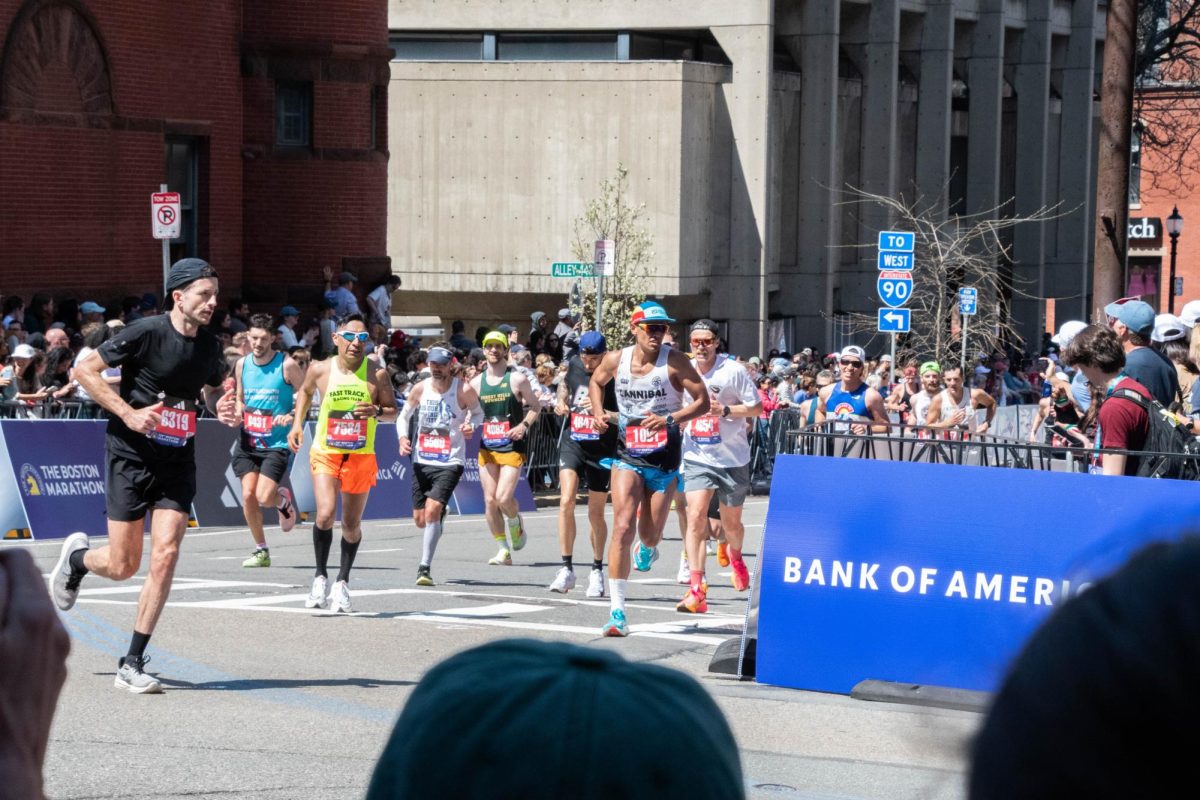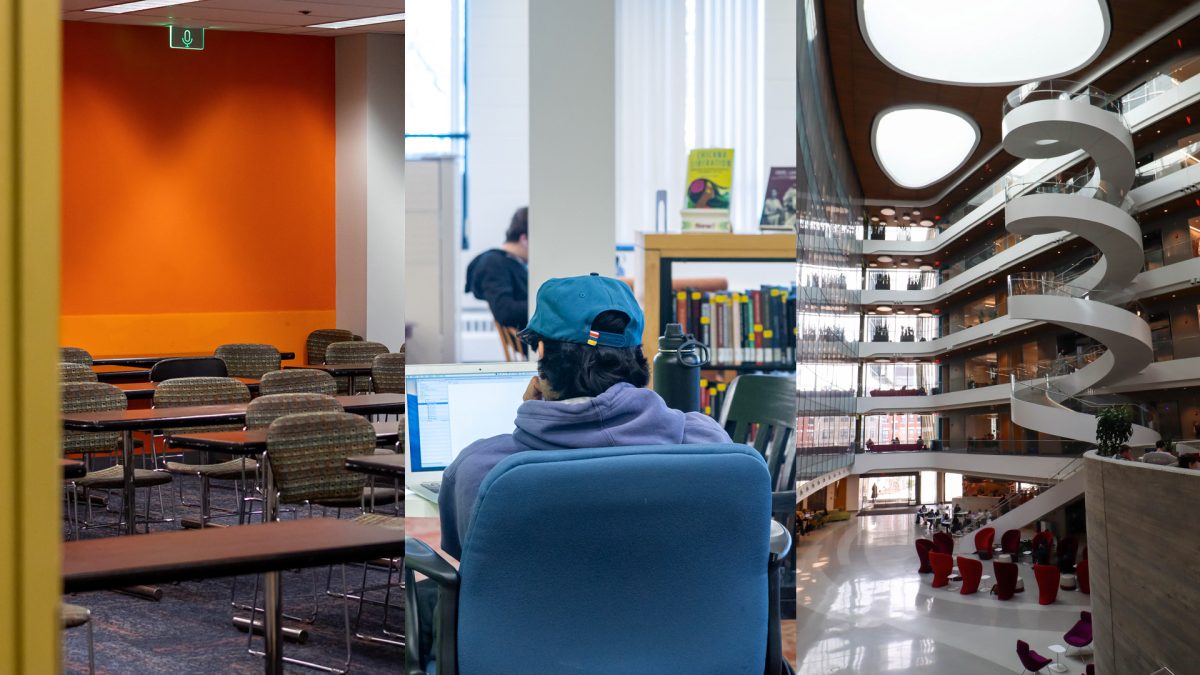By Connie E., arts & entertainment columnist
Community is a word that evokes many different images and connotations. We’re not only born into certain communities that we identify with, but we’re also surrounded by layers of communities that support and shape who we are.
To me, community has been most significant in offering a fundamental meaning in life. At the end of the day, we judge the value of our lives not by the amount of wealth accumulated or social status achieved, but by our legacies in this world. Don’t we feel most satisfied when we know we have truly affected another person positively – when we have contributed to our own communities?
I was able to witness some truly inspiring community building work at Zumix, a nonprofit organization dedicated to empower youth through music and the arts. Right after walking through the door, I was immediately captured by the rhythmic beats and the energy that radiated from the African drumming class. Ten students aged around 10-12 were sitting in a circle and jamming along with each other. Their happiness couldn’t be more evident from the big smiles on their faces and their rhythmically moving bodies.
Rooted in a low-income, underserved community in East Boston, Zumix offers music and creative technology programs that are designed to equip youth with the tools necessary to reach their full potential while creating a safe space for them to explore who they are and who they want to be. Social justice work is often perceived as confrontational and violent, but Zumix presents us with another aspect – one that is achieving justice through ground-up community building.
While protests and strikes are crucial to making changes happen, there is a more nuanced piece that less people tend to intuitively classify as social justice. By building a community through music and the arts, young people are not only given an opportunity to develop their interests, but also the means to develop a sense of self-identity early on. We may not be able to predict where those students will end up in their lives, what we know for sure is that they have skills and interests that will go a long way.
Many of the Zumix staff are former alumni who grew up with the organization. Corey DePina, the youth development and performance manager, used to come to Zumix everyday when he was 12 and is now passing on the same level of support he received to the next generation.
“Keep up the good work. I’ll see you on stage!” Simple lines of encouragement like this may seem mundane to an adult, but could ignite a child’s dream to become a singer or musician in the future.
Walking back from Zumix, I couldn’t stop asking myself: What does community building really mean? As a resident assistant on campus, I strive to build a supportive and inclusive community that my freshmen residents would be able to call home. As a member of the executive board for NU Symphony Orchestra, I work with a fabulous team to create a sense of community among the musicians so that rehearsals mean something more than just mandatory practice for everyone. As someone who is passionate about the Syrian refugee crisis, I’m helping to establish a student organization that aims to make Boston a more refugee-friendly community in general.
I suppose what Corey’s work and mine have in common is a deep sense of belonging to our own communities and the drive to pay that forward. Community is sustained by each individual’s responsibility to uphold their obligations as part of that community, which will eventually translate into steps towards achieving justice for all.
It is often said that it takes a village to raise a child. I believe that it takes a community to eliminate the divisions, misunderstandings and hatred among people.















